Birds are one of the most popular animals in the world. They are also one of the most mysterious. For years, people have been asking the question: where do birds go to die? The answer, it turns out, is not as simple as you might think.
Birds are creatures of habit. They tend to stick to the same routes and the same areas. This is why you don’t see them very often in your backyard or in your neighborhood. They have their own places where they feel comfortable and safe.
One of the reasons that you don’t see birds die very often is because they don’t want to be seen. They will go to great lengths to hide themselves away when they are sick or injured. This is because they are instinctively aware that they are vulnerable and that predators will be looking for them.
Another reason that you don’t see many dead birds is because they are often scavenged by other animals before they have a chance to decompose. This is especially true in the case of larger birds.
So, where do birds go to die? The answer is that they go to the same places that they have always gone. They go to their safe places where they can hide away and where they will not be disturbed.
Why Don’t We See Dead Birds?
One of the most common questions bird enthusiasts get asked is “Where do birds go to die?” The answer, it turns out, is not as simple as you might think.
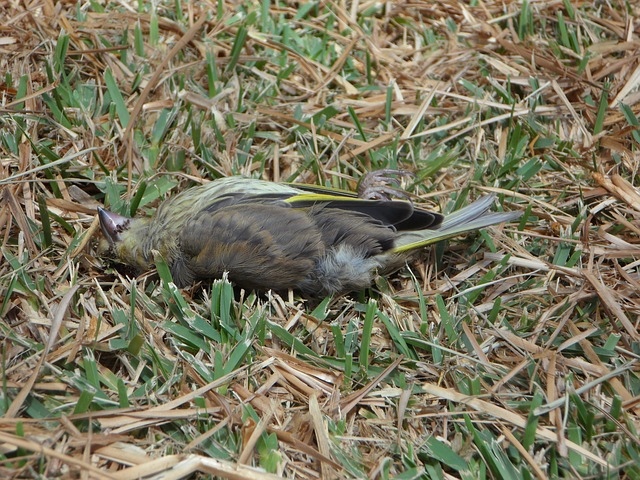
For one, birds are very good at hiding when they are sick or injured. There are a number of reasons why we don’t see dead birds very often. This is a survival instinct that helps them avoid becoming easy prey for predators.
Another reason is that birds tend to die in isolated places, away from where people are likely to see them. This could be in the middle of a forest, up in a tree, or even in a nest.
Finally, many birds are scavenged soon after they die. This means that their bodies are eaten by other animals, leaving little behind for us to find.
So next time you wonder where all the dead birds go, remember that they are probably hidden away, out of sight.
Birds with Illness
Just like any other animal, birds can get sick from a variety of things, including viruses, bacteria, fungi, and parasites. However, birds can also get sick. They are known for their beauty and grace. Birds are one of the most popular pets in the world.
There are a number of different diseases that can affect birds. These diseases can cause a variety of symptoms, including respiratory problems, diarrhea, and weight loss. Some of the more common ones include avian influenza, Newcastle disease, and psittacosis.
Birds can also get sick from exposure to toxins, such as lead and mercury. Ingesting these toxins can cause neurological problems, organ damage, and even death.
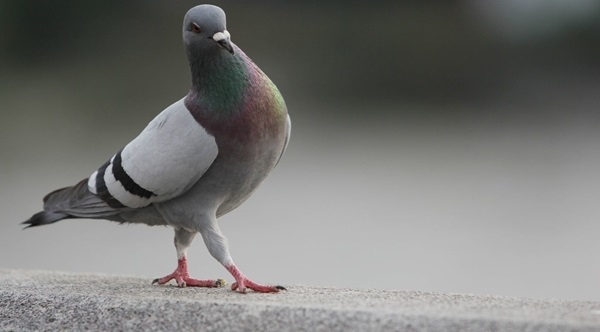
Often, birds can be treated and cured if they are caught early. However, if a bird is not treated, the disease can quickly spread and kill the bird. If a bird is sick, it is important to get it to a veterinarian as soon as possible.
What Are the Most Common Causes of Birds Dying?
One of the most common questions bird enthusiasts have is “Where do birds go to die?” The answer, unfortunately, is that there is no one answer to this question. Birds can die from a variety of causes, both natural and man-made.
The most common cause of bird deaths is predation. In fact, according to a study conducted by the U.S. Fish and Wildlife Service, predation is responsible for the deaths of nearly 50% of all wild birds in the United States. Birds are preyed upon by a variety of animals, including other birds, mammals, reptiles, and even amphibians.
Another common cause of bird deaths is collision with man-made objects, such as buildings, windows, power lines, and vehicles. It is estimated that between 100 million and 1 billion birds are killed each year in the United States alone as a result of collisions with man-made objects.
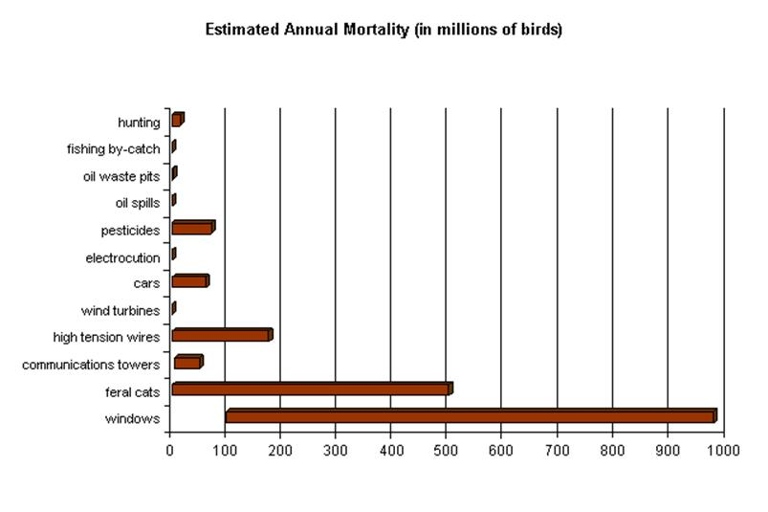
Habitat loss and degradation are also major causes of bird deaths. As humans encroach on natural habitats, birds are forced to compete for food and shelter. This competition can lead to starvation, disease, and even death.
Finally, birds can also die as a result of human activities, such as hunting, trapping, and poisoning. While these activities are not always intentional, they can still have a devastating impact on bird populations.
Trauma
There are many potential causes of bird deaths, but some of the most common include trauma, predation, and disease.
Power lines are also a common cause of bird deaths, as birds will often perch on them and then get electrocuted when they touch two wires at the same time. Trauma is a leading cause of bird deaths, and can be caused by a variety of things including window collisions, power lines, and cars. Cars are another leading cause of bird deaths, as birds will often fly into the road in front of oncoming traffic. Birds are often attracted to windows because they see reflections of trees or sky and mistake them for a safe place to land.
Cats and dogs are the most common predators of birds, and often kill them for sport or food. Predation is also a leading cause of bird deaths, and can be caused by a variety of predators including cats, dogs, snakes, and birds of prey. Birds of prey, such as hawks and owls, will also kill birds for food. And snakes will sometimes kill birds if they are able to catch them.
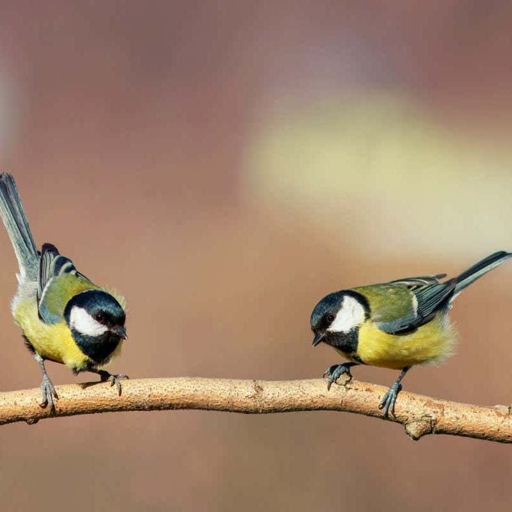
Birds can also die from lead poisoning, which can be caused by eating lead shot or lead-based paint. Disease is another leading cause of bird deaths, and can be caused by a variety of things including parasites, viruses, and bacteria.
Poison
There are many different types of poison that can kill birds, and it can come from a variety of sources. There are a variety of ways that birds can die, but one of the most common is from poison. In some cases, birds can even die from drinking contaminated water. It can be something as simple as eating a poisonous plant, or it can be something more complicated like being exposed to a toxic chemical.
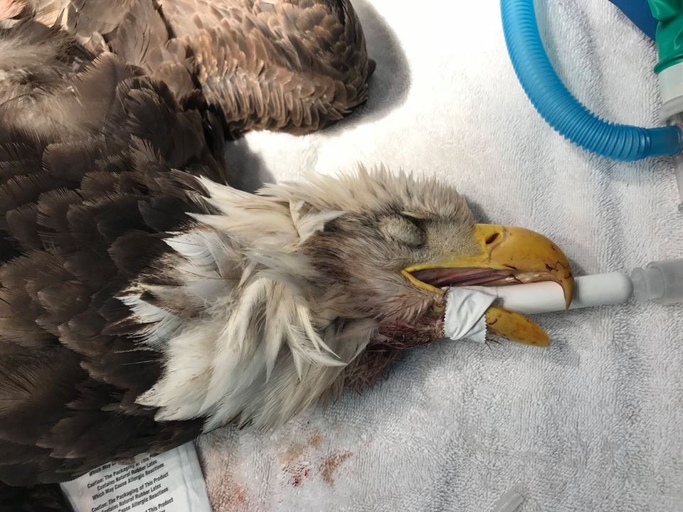
This can happen if they breathe in a poisonous gas or if they come into contact with a toxic substance. Another way that birds can be poisoned is if they drink contaminated water. One is if they eat something that is poisonous. Finally, birds can be poisoned if they are exposed to a toxic substance in the environment. This can happen if they eat a poisonous plant or insect, or if they eat something that has been contaminated with a toxic chemical. This can happen if the water is contaminated with a chemical or if it contains a poisonous substance. There are a few different ways that birds can be exposed to poison.
If you think that your bird has been poisoned, it is important to seek veterinary care immediately. However, some common symptoms include difficulty breathing, weakness, seizures, and death. The symptoms of poisoning in birds can vary depending on the type of poison that they have been exposed to.
Freezing
Another way is if they drink water that has been sitting in the cold and it freezes their insides. There are a few different ways that birds can die from freezing. The most common is probably when they are caught out in the cold without any shelter. This can happen if they drink from a puddle or a lake that has a layer of ice on top. If it gets cold enough, they will simply freeze to death. Finally, birds can die from hypothermia, which is when their body temperature drops too low and they can no longer function properly.
Illness
Birds can contract a variety of diseases, some of which are deadly. Some common diseases that can kill birds include: There are many potential causes of death for birds, but some are more common than others. One of the most common is disease.
– Avian influenza
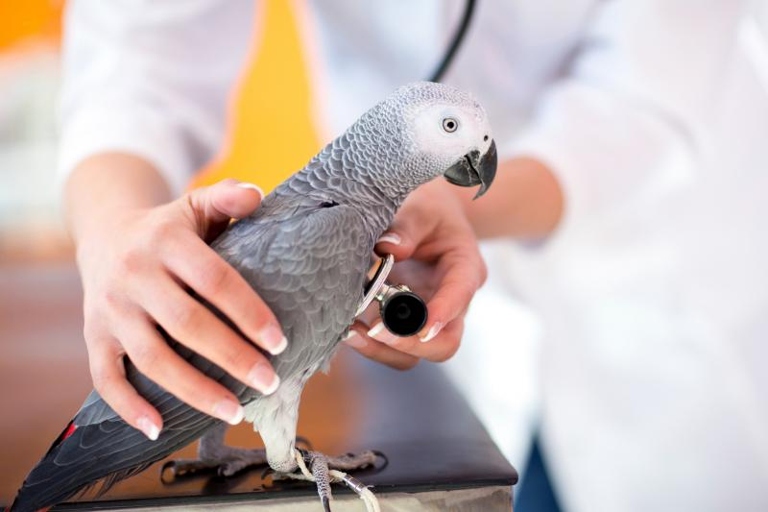
– Newcastle disease
– West Nile virus
– Salmonella
Disease can spread quickly among birds, especially if they are kept in close quarters, such as in a bird feeder or bird house. If one bird in a group becomes ill, it is important to isolate it from the others to prevent the disease from spreading.
Some birds, such as chickens, are also raised for food and may be killed by humans. Another common cause of death for birds is predation. Birds are often hunted by other animals, such as cats, snakes, and owls.
They may also starve to death if they are unable to find enough food. Birds can also die from injuries, such as being hit by a car or flying into a window.
Finally, birds can die from old age. Like all animals, they have a limited lifespan and will eventually die of natural causes.
Parasites
Parasites can infest a bird’s body and cause a wide range of problems, from minor irritation to organ failure. In some cases, a bird may be able to fight off a parasitic infection, but if the infestation is severe enough, it can be fatal. There are many potential causes of bird death, but one of the most common is parasites.
There are many different types of parasites that can affect birds, but some of the most common include:
Symptoms of avian malaria include lethargy, weakness, and death. -Protozoans: These tiny single-celled parasites can cause a disease known as avian malaria.
-Mites: Mites are tiny arthropods that can infest a bird’s skin, feathers, and even its eyes. Mite infestations can cause a bird a great deal of discomfort and can lead to secondary infections.
Lice infestations can cause anemia and death in birds. -Lice: Lice are parasitic insects that feed on the blood of their host.
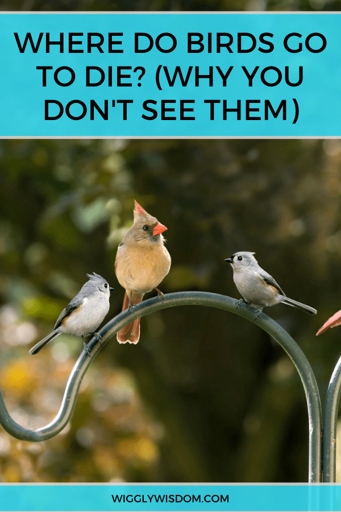
-Worms: Worms are another type of parasite that can infest a bird’s gastrointestinal tract. Worm infestations can cause weight loss, malnutrition, and even death.
Exhaustion
Birds may become exhausted from flying long distances, flying in bad weather, or simply from having too much energy and not being able to find enough food to sustain them. In some cases, birds may also die from being chased by predators or other animals. There are many potential causes of bird death, but one of the most common is exhaustion.
Pollution
Pollution can come from many sources, including power plants, factories, and automobiles. There are many causes of bird deaths, but pollution is one of the most common. It can also come from pesticides and other chemicals used in agriculture.
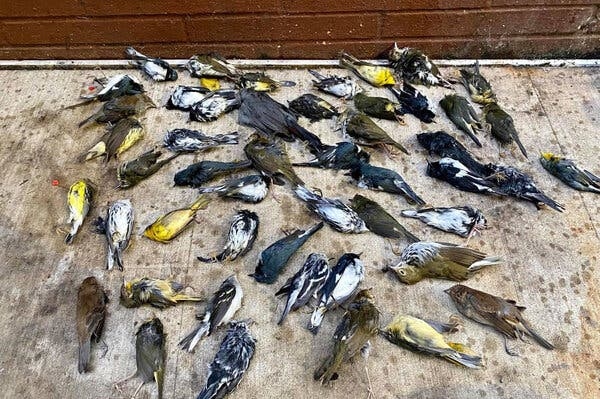
It can contaminate their food and water, making them sick. Pollution can cause birds to die in many ways. In some cases, pollution can cause physical injuries, such as when birds get caught in oil spills. It can also make them more susceptible to predators and diseases.
The effects of pollution can be especially harmful to baby birds. They are often more vulnerable to contamination because they have not yet developed strong immune systems.
And you can reduce your own pollution by driving less, using less energy at home, and recycling. You can support laws and regulations that protect the environment. There are many ways to help reduce the pollution that is harming birds. You can also help clean up polluted areas, such as oil spills.
Frequently Asked Questions
1. What happens to birds when they die?
2. Do all birds go to the same place to die?
3. How do scientists study where birds go to die?
4. What are some of the possible explanations for where birds go to die?
5. What does this tell us about the bird population?
1. When birds die, their bodies usually decompose where they died. However, sometimes scavengers will take the body before decomposition can occur.
2. No, different species of birds often go to different places to die.
3. Scientists study where birds go to die by tracking individual birds and recording where they die.
4. Some of the possible explanations for where birds go to die include: they are seeking a specific habitat, they are following a migratory pattern, or they are attracted to a food source.
5. This tells us that the bird population is constantly changing and that there is a lot we still don’t know about where birds go to die.
Final thoughts
There are many theories as to where birds go to die, but the most likely explanation is that they simply die where they fall. Their small bodies can decompose quickly, and they are often eaten by other animals. So if you’re ever wondering where that bird you saw yesterday went, the answer is probably that it’s already gone.
